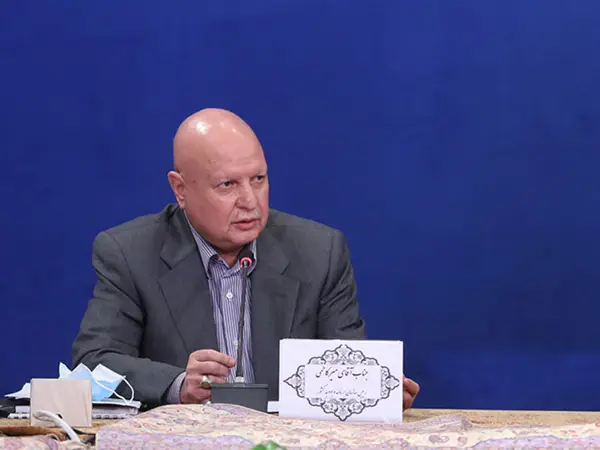The head of Iran’s Planning and Budget Organization has told parliament that the government needs $18 billion to import essential foods in the next few months.
Massoud Mirkazemi’s statement on Sunday came after the legislature refused to give priority to a government budget amendment bill that would eliminate a subsidy in the form of cheap dollars for importing essential goods.
Cheap dollars are provided to importers at 42,000 rials, instead of the current free market rate of 280,000 rials to one US dollar. The government has spent an average of $8 billion a year since April 2018 to finance the subsidized essential imports. The elimination of the subsidy would lead to higher food prices, which already average a more than 60-percent inflation compared to last year.
A further jump in food prices might have political consequences for the Islamic Republic’s government that has so far failed to contain the economic damage from US sanctions imposed by former president Donald Trump, who withdrew form the Joint Comprehensive Plan of Action (JCPOA), as the 2015 Iran nuclear deal is called.
Mirkazemi told parliament that drought has upended the government budget plan to appropriate enough money for essential imports. Food production in Iran has seriously declined this year, requiring more grain and animal feed imports.
“We were supposed to buy 11.5 million tons of wheat from Iranian farmers, but so far just 4.6 million tons has become available, and we need to import another 8 million tons until March to have the needed reserves,” Markazemi told lawmakers.
He added that in addition to drought, higher global inflation has also raised the cost of subsidizing food prices. “Oil seeds that we were buying for $433 a ton last year, cost $697 now. Cooking oil base that was $746 last year costs $1,450 now.” The same applies to corn feed and wheat that has jumped from $206 per ton to $340.
The head of the budget office said that while Iran planned to spend $8 billion on subsidized essential imports in the current Iranian year, the cost has jumped to $18 billion, “which is an impossibility for the government.”
Mirkazemi pleaded with lawmakers that the government needs to phase out the subsidy and instead pay a direct handout of 1.1 million rials (around $4) per person to 60 million Iranians monthly.
The difference for the government is that subsidizing imports needs foreign currency while paying rials to people simply needs printing more money. That would worsen inflation but the government can try to muddle its way through.
Iran has lost most of its oil revenues due to US sanctions and although it manages to sell around 500,000 barrels a day to China through intermediaries, that is a far cry from more than 2 million barrels it was exporting before the sanctions. Iran’s economy and government operation have remained heavily reliant on oil income, with little foreign investment and limited non-oil exports.
The only salvation for the Islamic Republic is to reach a quick deal with the United States over its nuclear program and have sanctions lifted. Talks are set to resume in two weeks but Iranian negotiators seem to have hardened their position.
